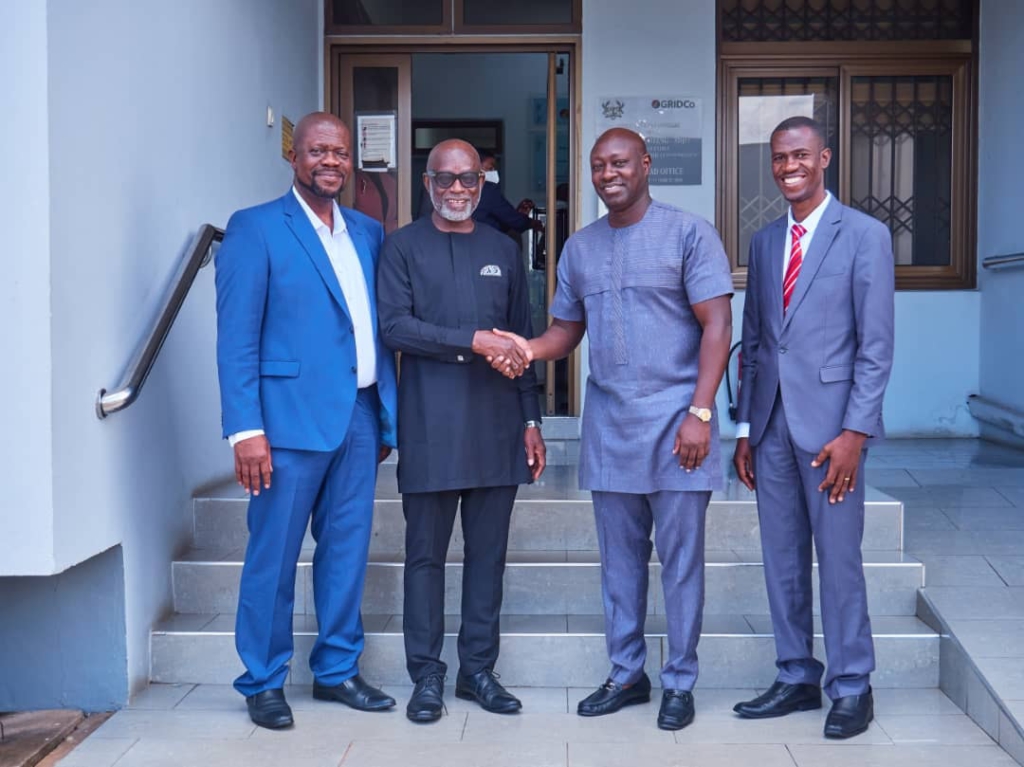In a recent push towards enhancing power transmission capabilities with integrity at the fore, Ugandan
Electricity Transmission Company Limited (UETCL), led by Kwame Ejalu, has initiated a cooperative
dialogue with the Ghana Grid Company Limited (GRIDCo). This strategic alliance is set to bolster
Uganda’s technical prowess in managing its power transmission network to support consistent and
dependable electricity distribution.
UETCL’s delegation, chaired by Ejalu Ejuku, has engaged GRIDCo for a three-day knowledge exchange
focusing on overcoming project challenges and capacity building. The intent is to emulate GRIDCo’s
achievement in the commercialization of communication assets, drawing on the successes of their optic fibre and data product ventures.
GRIDCo’s rich experience, especially in exporting power to several neighboring nations, stands as a
testament to their operational excellence. By tapping into GRIDCo’s repository of knowledge, UETCL
anticipates significant advancement in their transmission grid coverage over the next three years.
GRIDCo’s Board Chairman Kabral Blay Amihere highlighted technology’s role in economic growth and
power’s critical contribution to Africa’s development. The visit, warmly received by GRIDCo CEO
Ebenezer Essienyi, underscores a shared vision for meeting escalating power demands with integrity and efficiency. The partnership underscores a mutual commitment to technological sustenance and ethical practice in the energy sector, providing a framework for other African initiatives to follow.
GRIDCo’s Board Chairman, Kabral Blay Amihere, emphasizes that technology integration is crucial for
fostering economic growth and underscores power as a critical element for Africa’s development.
Meanwhile, UETCL CEO Michael Taremwa points to a strong need for a sturdy network due to their
extensive grid made up of 3,385 kilometers of circuit lines, and transmission losses that need urgent
addressing.
GRIDCo’s CEO Ebenezer Essienyi welcomes this collaboration as a stride towards ensuring reliable power for Ghanaians and meeting sub-regional energy demands. As the energy landscape evolves, such alliances play a crucial role in fortifying Africa’s power infrastructure and enabling a sustainable and reliable energy future.






